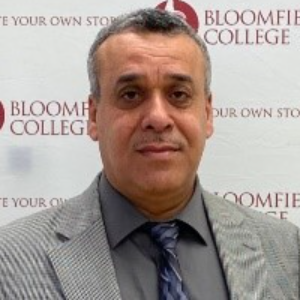Title: Exploring the healthcare professionals’ experiences with patient's death
Abstract:
Purpose: Experiencing the death of a patient is an unavoidable aspect of healthcare. However, most of the research conducted on this topic highlights and assesses nurses’ attitudes toward the patient’s death. There is a paucity of research studies conducted to explore similar experiences among other healthcare professionals.
Objective: To explore the lived experience and modes of coping of healthcare professionals providing care to patients during and after patient’s death.
Sample: Seventy-two healthcare professionals from the Northeastern United States, who encountered patient deaths. Among these respondents, five were selected for the semi–structured interviews.
Methods: A mixed–method approach, specifically using a convergent parallel design. Quantitative data used Frommelt Attitude Toward Care of Dying Scale (FATCOD) and The Brief COPE Inventory to collect data regarding coping and perceptions on death. Within the qualitative portion of this study, semi–structured interviews were conducted
Results: The analysis of the quantitative data revealed an overall neutral attitude towards death and the care of dying patients. The study results highlighted healthcare provider’s use of a variety of coping mechanisms with the least used being avoidant coping. Qualitative findings gleaned the following four major themes: 1) lack of preparation to care for a dying patient; 2) death is part of the job; 3) factors that influence the professional's experience; and 4) coping mechanisms and support.
Conclusion: Healthcare professionals often provide care during and/or after patient’s death, which can greatly impact their well-being and the quality of care provided. Prioritizing education in self-care is crucial for maintaining physical, mental, and emotional health, enhancing resilience, and delivering optimal care. Coping mechanisms may vary widely among professionals as they provide care to patients during or after death. Recognizing this diversity provides healthcare and academic institutions to implement strategies and tailor support and resources accordingly to effectively manage healthcare providers’ stress.
Audience Take Away:
- The nature of the healthcare professional’s experience providing care to patients during and after death.
- Coping mechanisms healthcare professionals may adopt and practice during this lived experience.
- Implications for research, education, and practice relevant to the lived experience under study.



